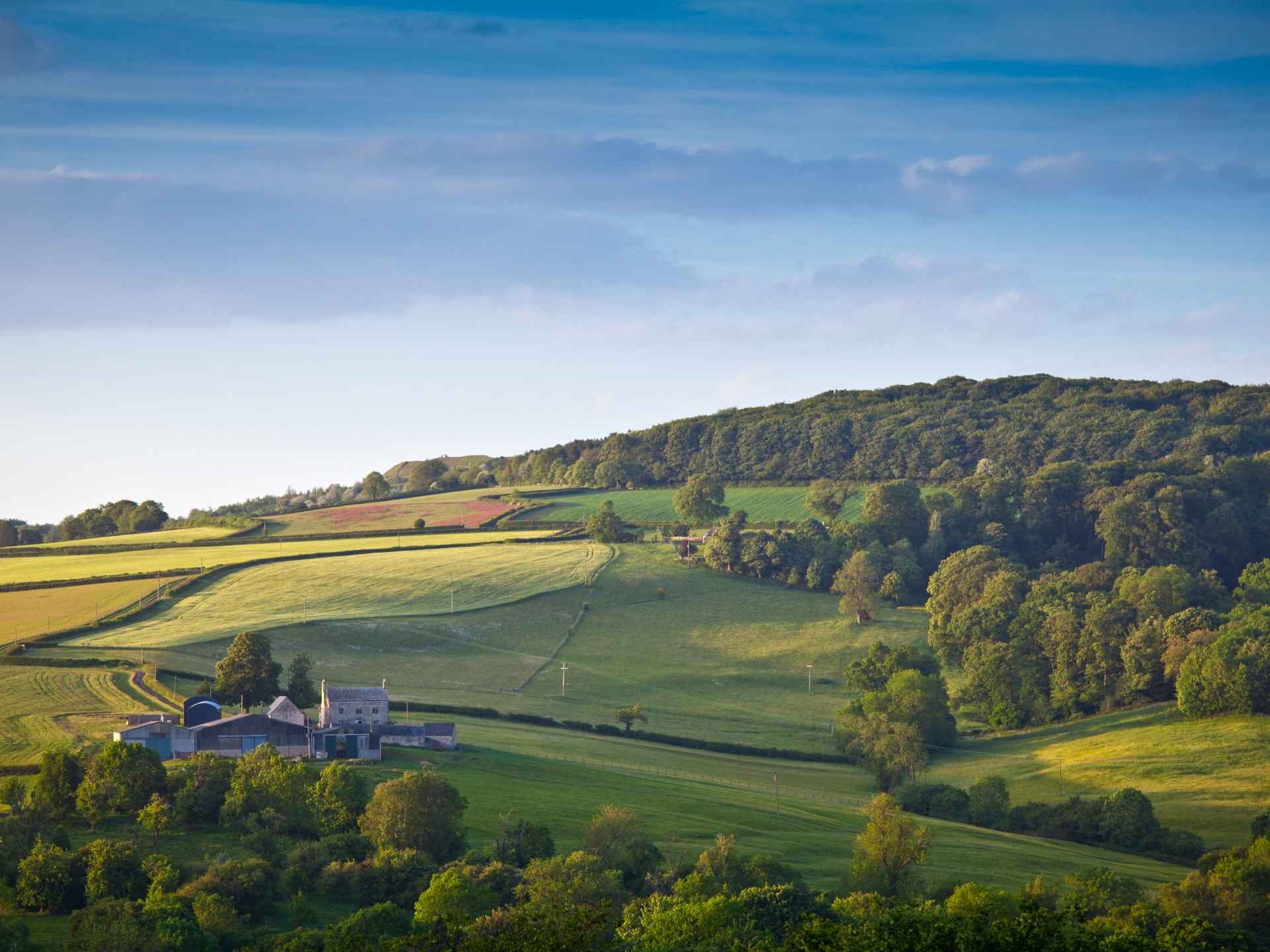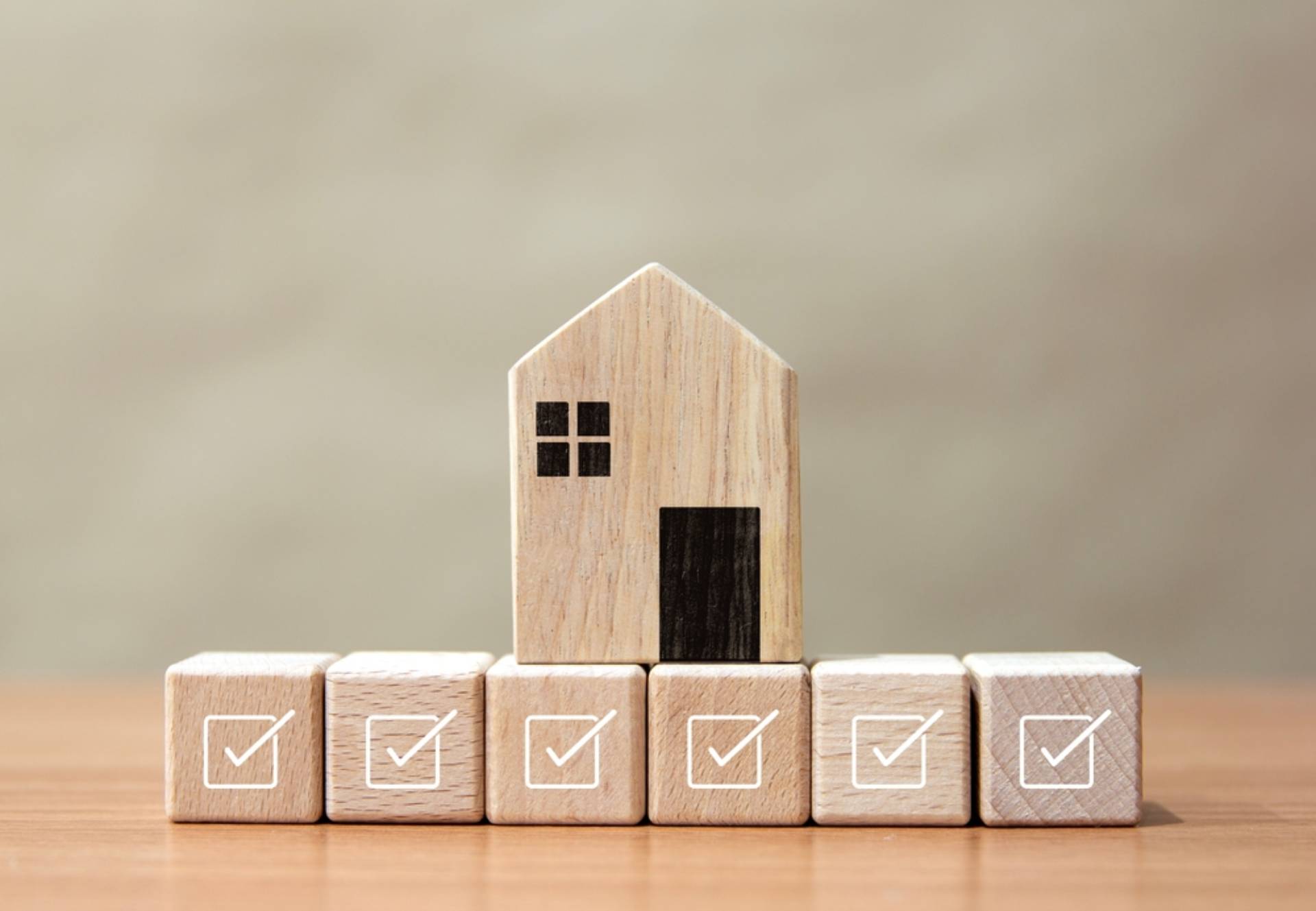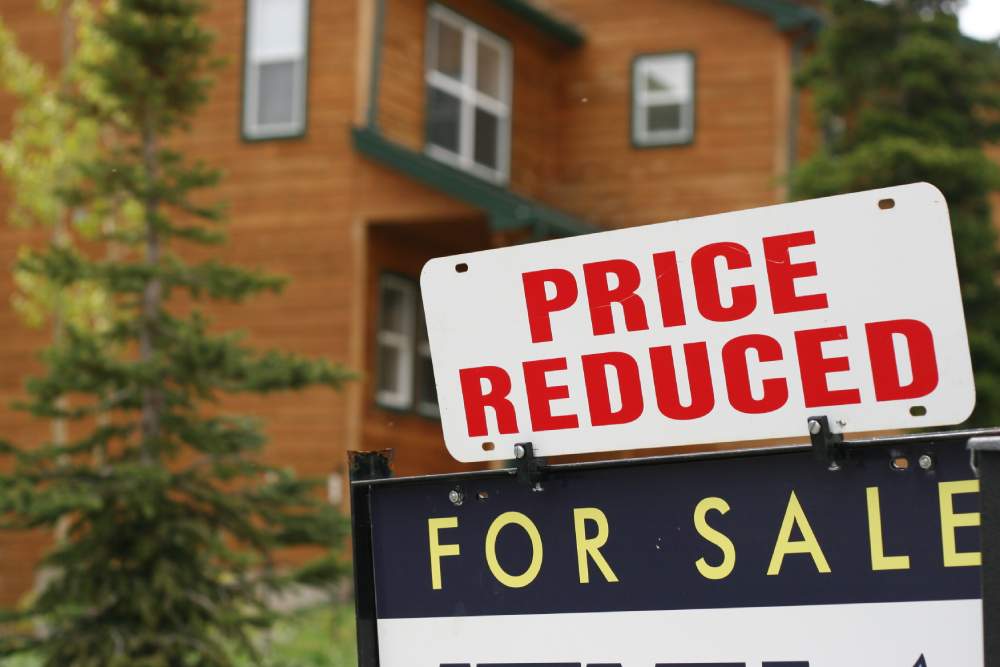There’s a romance in the prospect of buying land. Something about it seems more idyllic than buying property alone, especially if you have free reign to do what you want with it. But it’s not always that simple. Although buying land can be a fantastic investment opportunity, without a comprehensive plan, robust research, and an experienced legal team, you can run into trouble.
This isn’t to put you off, as here at PM Property Lawyers, we’re passionate about property investment opportunities. But we want to make sure you’re making the best financial decision for your future.
We’ve put together this guide with prospective land buyers in mind. Our hope is that it will give you all the information you need in order to put your best foot forward.
Is Buying Land a Good Investment?
Having a comprehensive plan for investments will pay dividends in the future. Buying land can be a fantastic investment, but having a solid understanding of the purpose of the purchase is essential. It will allow you to make the best decisions when it comes to important factors.
There are different types of land that you need to have a good understanding of. This will also affect one of the most important factors of any kind of land or property investment, which is gaining the permission to be able to execute your plans.
If you’re thinking of building or converting commercial or residential property on it, for example, you will need to take into consideration the likelihood and cost of getting planning permission to do so.
Another thing to think about is financing. There are a range of funding options which suitability will vary depending on the type of project you’re thinking of undergoing. Overall cost also must be considered, to assess whether the prospect is affordable now and in the long term.
Like any investment, having a solid plan before you start looking will help you to map out the next few years. This can give you an overall goal for the return on investment and predict the length of time this will take.
Types of Land to Buy in the UK
Before you even start your journey to buying land, you need to think about what kind of land suits your circumstances. You need to take into consideration how much capital you have to put down, and the amount of development you need to do and whether this will give you the return on investment you intended.
There are several types of land you can buy, all of which have different advantages and disadvantages. These include:
- Brownfield – Brownfield land is a type of land that was once used for commercial or industrial use but is no longer used. As it’s already been used, it will need to be cleared of any contaminants, but tends to be easier to get planning permission. This is because not only has it already been used to develop on, renovating it and clearing it off contaminants could also be beneficial to the environment. This is especially true, if the land has been contaminated by hazardous substances.
- Greenfield – Greenfield land on the other hand, is land that previously hasn’t been developed on. As it’s never been used before, if you were to purchase this kind of land, you wouldn’t need to necessarily worry about clearing it of contaminates, which could make that part of the process cheaper. However, on the other side of the coin, it might be more difficult to get planning permission.
- Agricultural land – Like it says on the tin, agricultural land is usually designed for farmland. Due to the uniqueness of this type of land, most of the time it isn’t used for anything else. Building and developing agricultural land still requires planning permission, so if you’re dreaming of developing a personalised farm, it’s still important to have the correct documentation to do so.
- Greenbelt land – Greenbelt lands tend to be protected from building commercial or residential property in most circumstances. There are very specific exceptions to the rule if the purpose of the development is for agriculture or recreational activities. Greenbelt land often serves as a nature buffer, and stops the entire country turning into an urban jungle, which is why it’s so heavily protected. If someone was looking to build on greenbelt land, they would need to have a very strong case to get planning permission. It would be considerably easier to go for one of the other options.
The type of land you decide to buy depends on what you’re planning on doing with the land itself. In every case, we’ve mentioned one of the most important factors that will ensure your development dreams come true, and that’s planning permission.
Planning Permission
Much like when buying property to develop, planning permission is a tedious but necessary part of buying land for development. Buying land without planning permission might look like a bargain at the time, but then if your permission request is refused, your development plans will be ruined. Additionally, if the permission is refused, you’re left with the moral dilemma of knowing that if you sell it, the permission will most likely be refused for the next owner.
This is why it’s important to do your research before you spend your hard earned money. If you’re thinking of buying land without planning permission, it’s worth talking to a solicitor about your options. For example, you can put in a conditional offer, where you will only buy the property if planning permission is granted. That way you’re protected if your plans fall through.
If the land does have planning permission, that doesn’t mean you don’t need to check what kind of permission they have, and whether this will enable you to execute your development plans.
You can read more about the different levels of planning permission in The Town and Country Planning (Development Management Procedure) (England) Order 2015.
Simply put, if a plot of land is refused planning permission, you can’t build on it. So, without it, it might be a waste of time.
Spending money in the hopes to make more, and finding out that you can’t develop on the land, is nothing short of a disaster. Dealing with this aspect at the earliest convenience is a vital step.
The Cost of Buying Land
Having a budget in mind for your new venture might be a bit easier said than done, as the cost of buying land can only be calculated when all the different variables have been accounted for. The different costs you need to consider are similar to if you were buying a property to develop. These include:
- Deposit – If you’re getting a mortgage to pay for your plot of land, initially you will need to pay a deposit. This is a lump sum of money, usually 20% or more of the overall value.
- Mortgage Repayments – Your mortgage repayments will be a monthly cost, and need to be factored into the long term budget.
- Planning Permission – Like we discussed earlier, there will be a cost associated with the type of planning permission you need to get, depending on whether the land has it or not.
- Surveyors – Making sure the land you know the condition of the land you purchase and avoiding running into any nasty surprises will help to give you more security in your long term investment. So, getting a survey to assess any issues is essential.
- Clearing Contaminants – If you have bought brownfield land, or land that’s contaminated, there will be a cost with clearing the land. This will depend on the contaminant, and the severity of the contamination.
- Stamp Duty Land Tax – The rates of stamp duty land tax depend on a lot of factors. You can figure this out by inputting your own data into a stamp duty land tax calculator.
- Building and Renovation – If you’re planning on building and/or renovating property on the land, having an estimate of how much this will be, needs to be added to the budget.
- Solicitor fees – On top of everything else, you want to make sure that you have the right legal experts helping you through the whole process. Get a quote today and see how we can help you.
Getting everything in place in the beginning can give you your best chance at a smooth investment journey, and this includes making sure you have the money to cover everything you need, now and in the future.
How We Can Help
Buying land in the UK can be a complicated process. But with the right preparation, this can be the purchase of a lifetime. Not to mention a great project to get your teeth into, and a fantastic way to create diversity in your investment portfolio.
As always, if you’re undergoing a new venture like property development, you need a team of reliable legal professionals behind you. Having the right people to take care of the legal side of things, and advise you along the way, can make all the difference.
At PM Property Lawyers, our experienced conveyancers are here to support you. Get in touch today.






